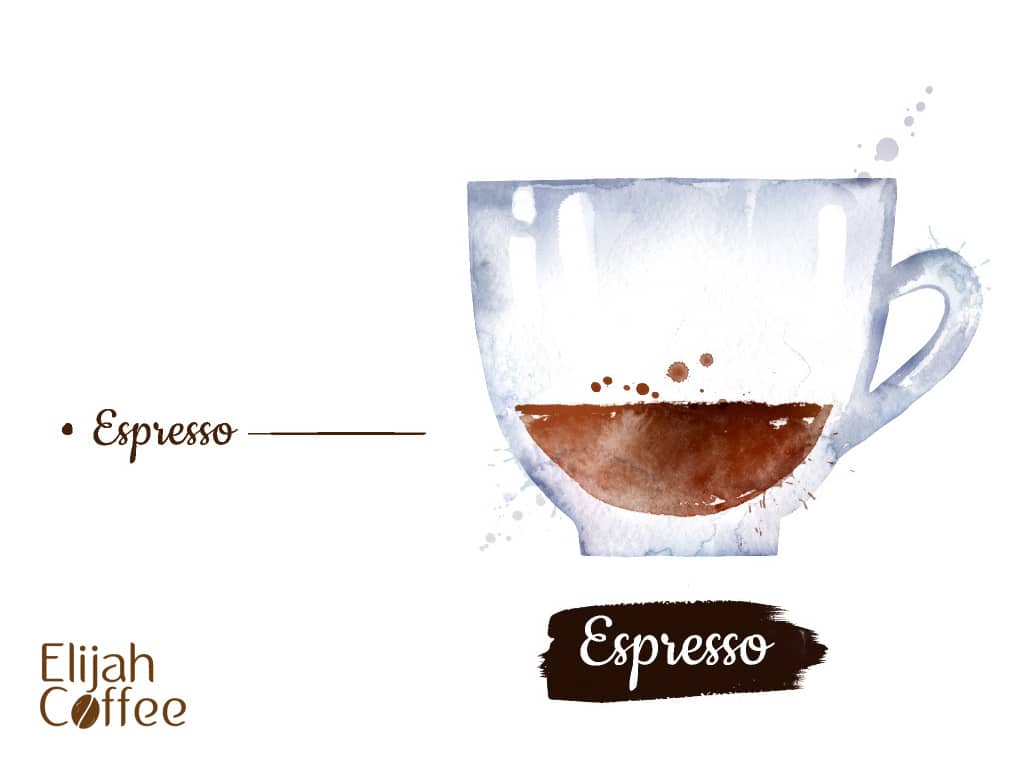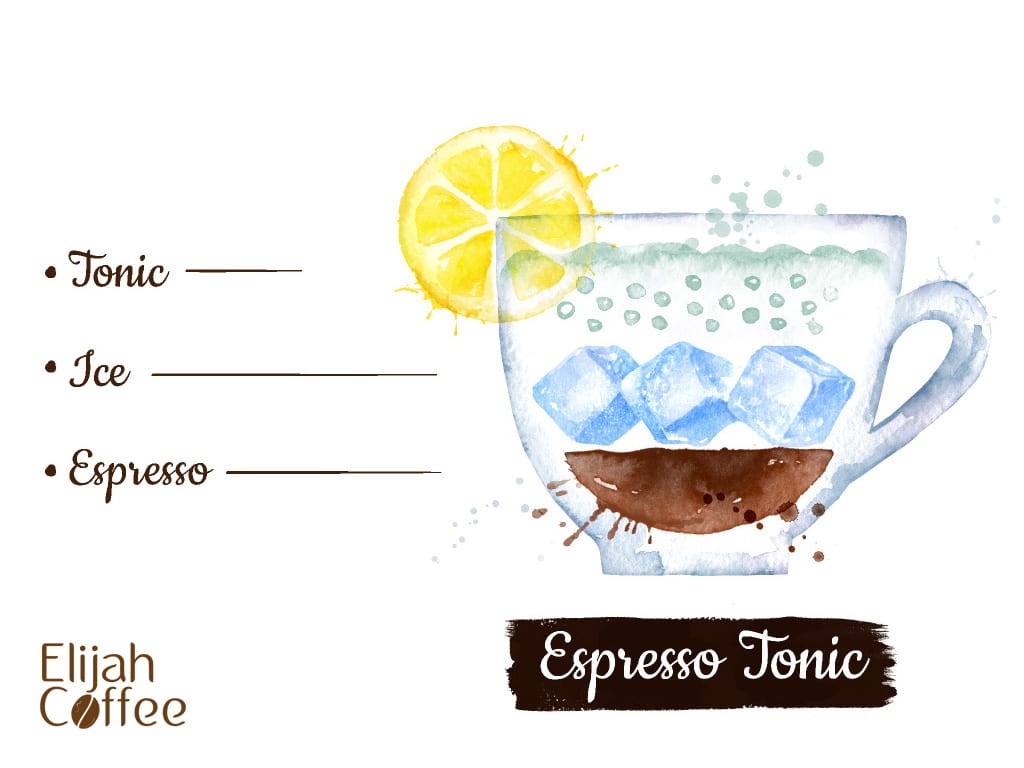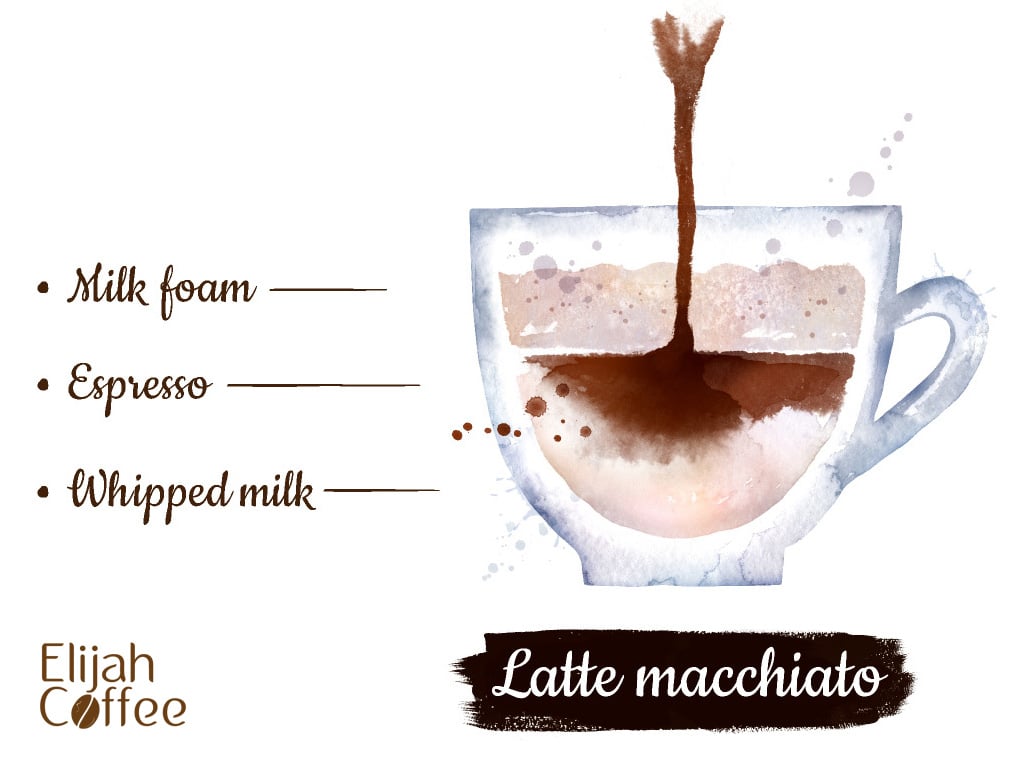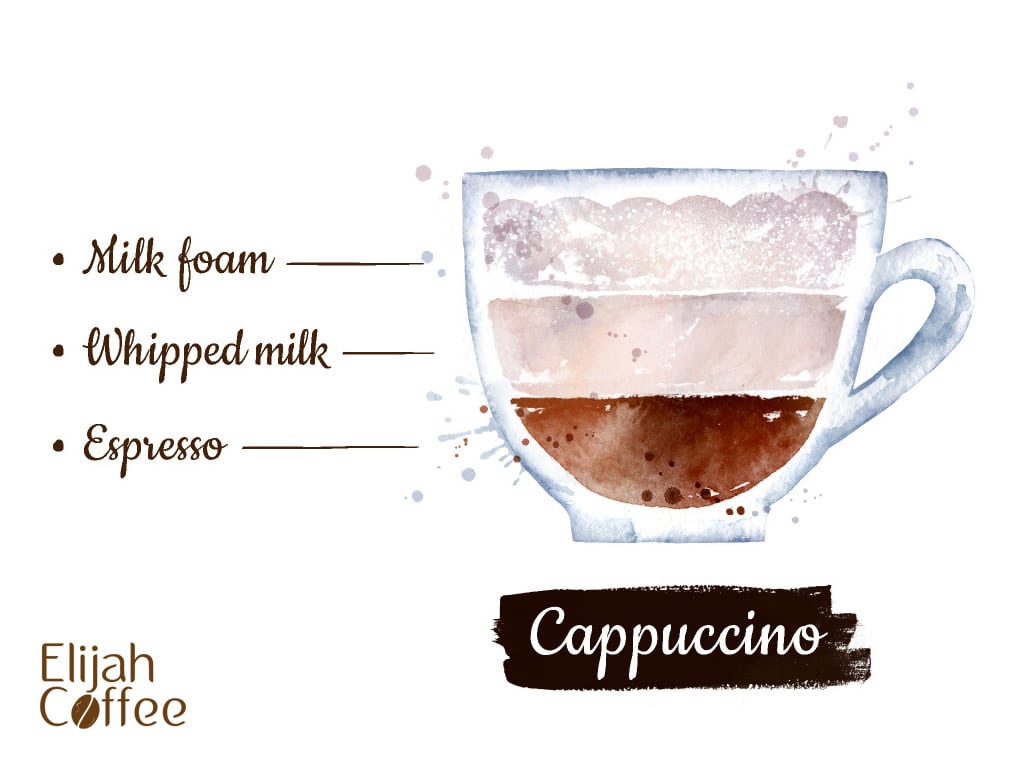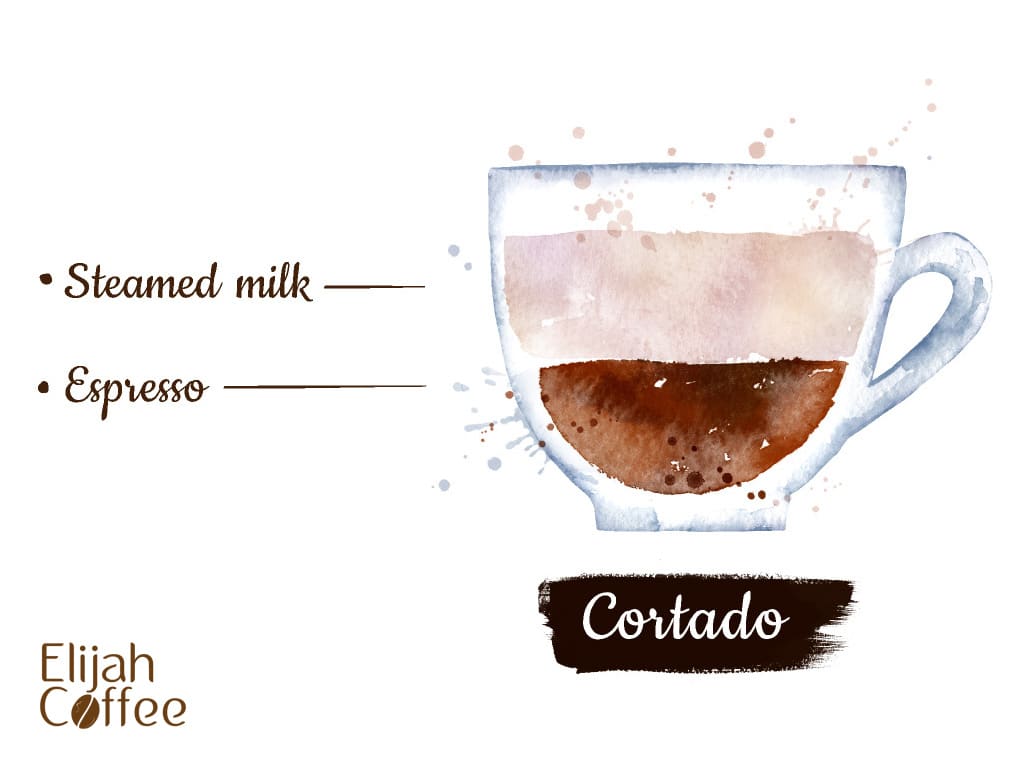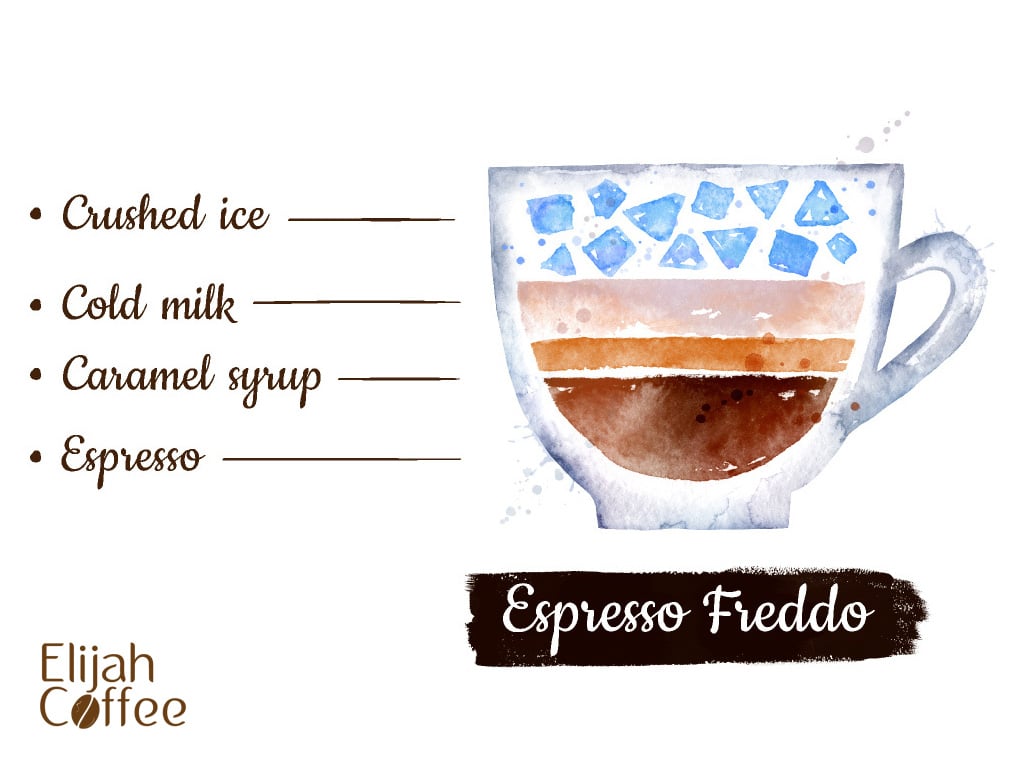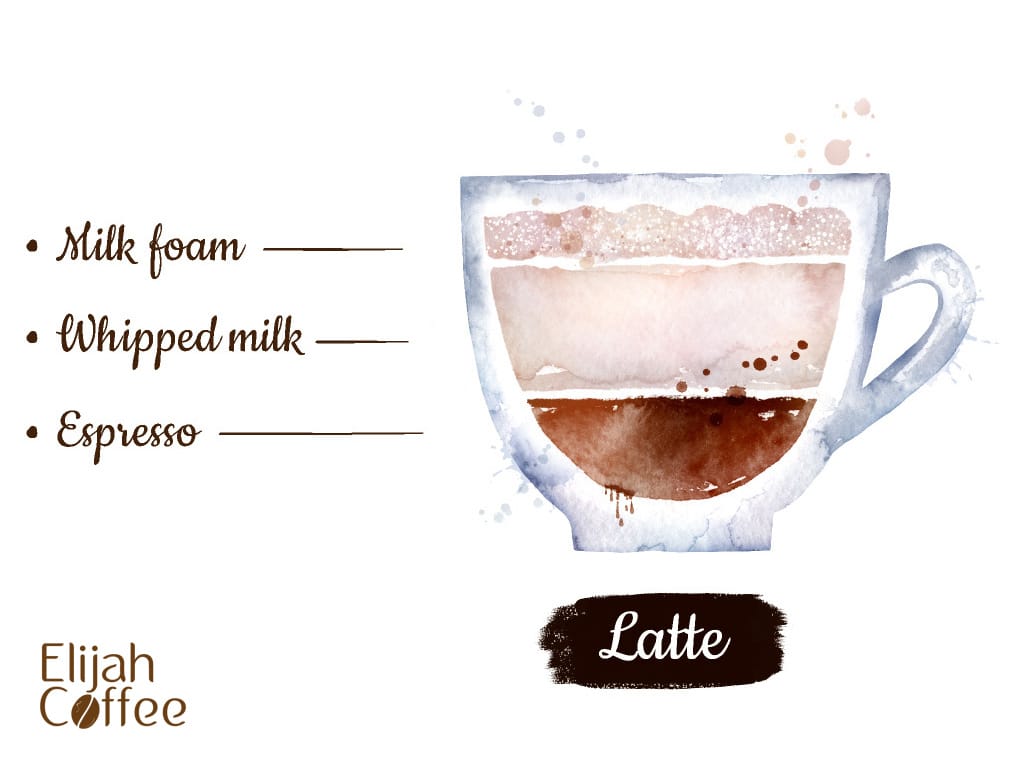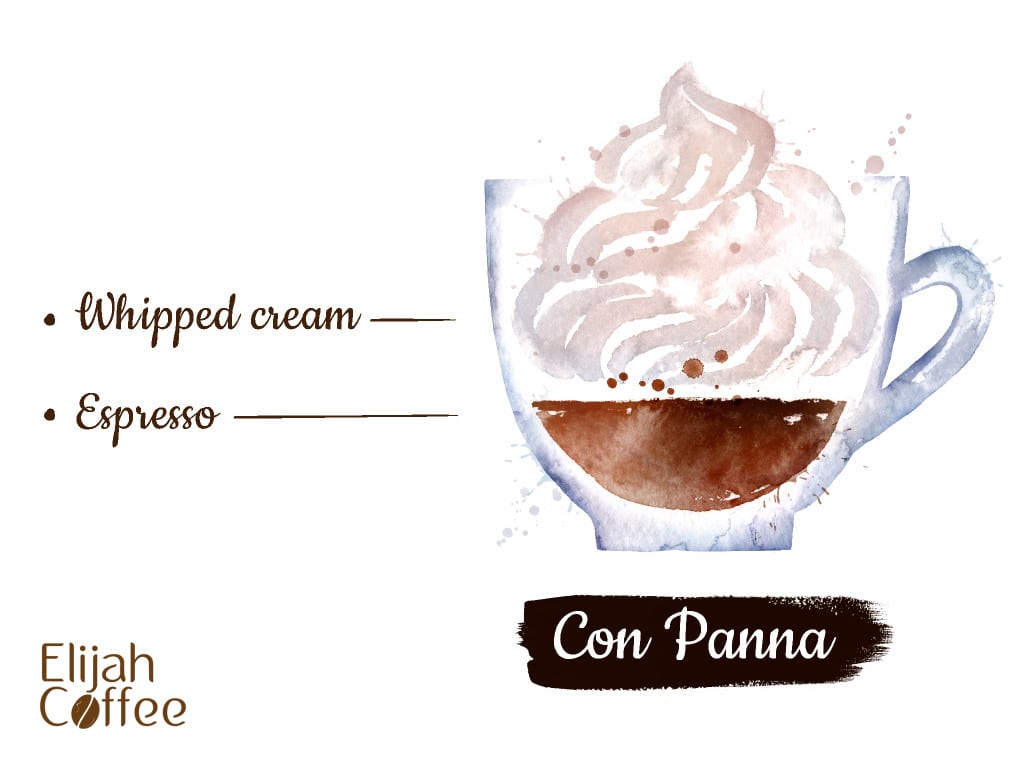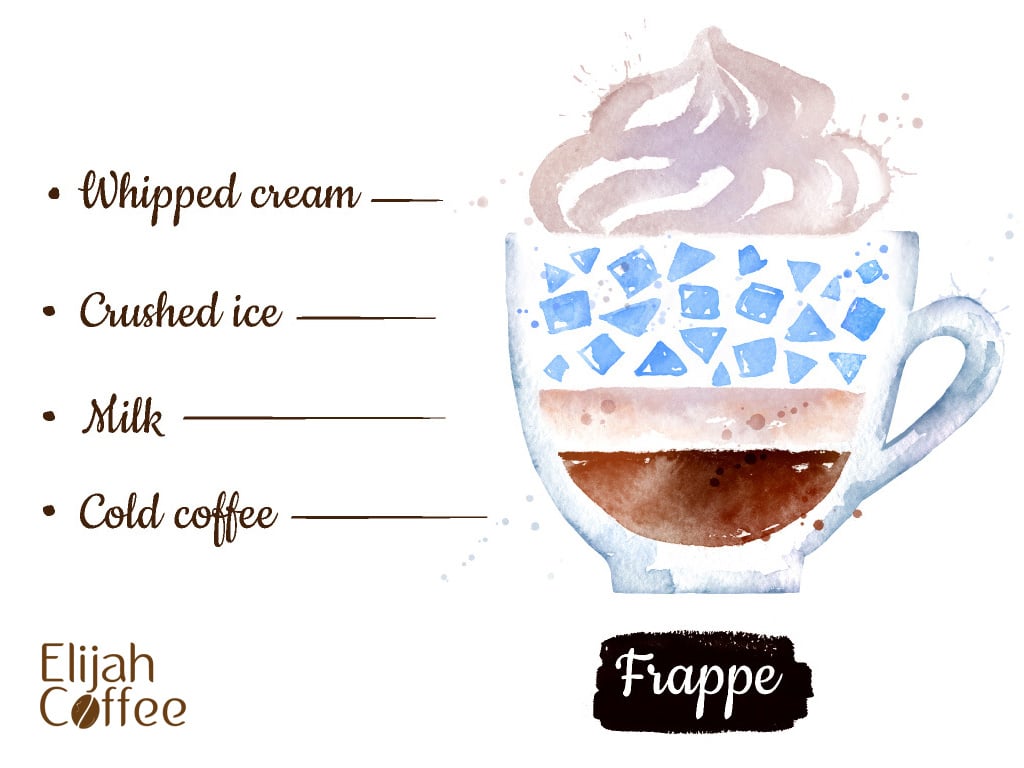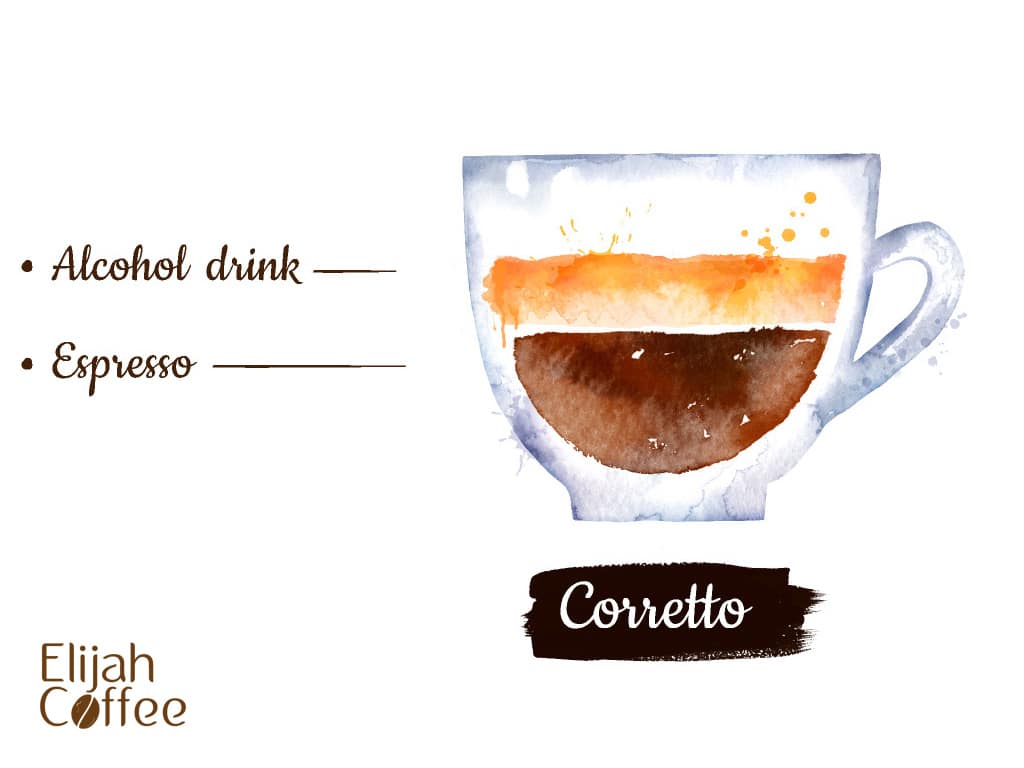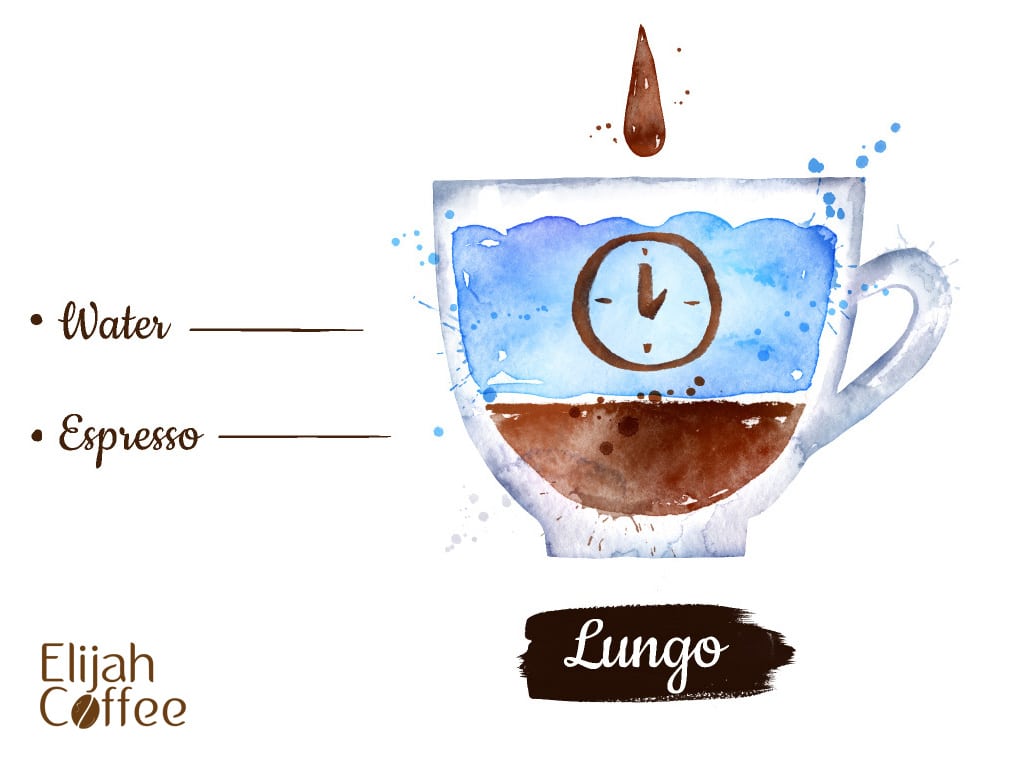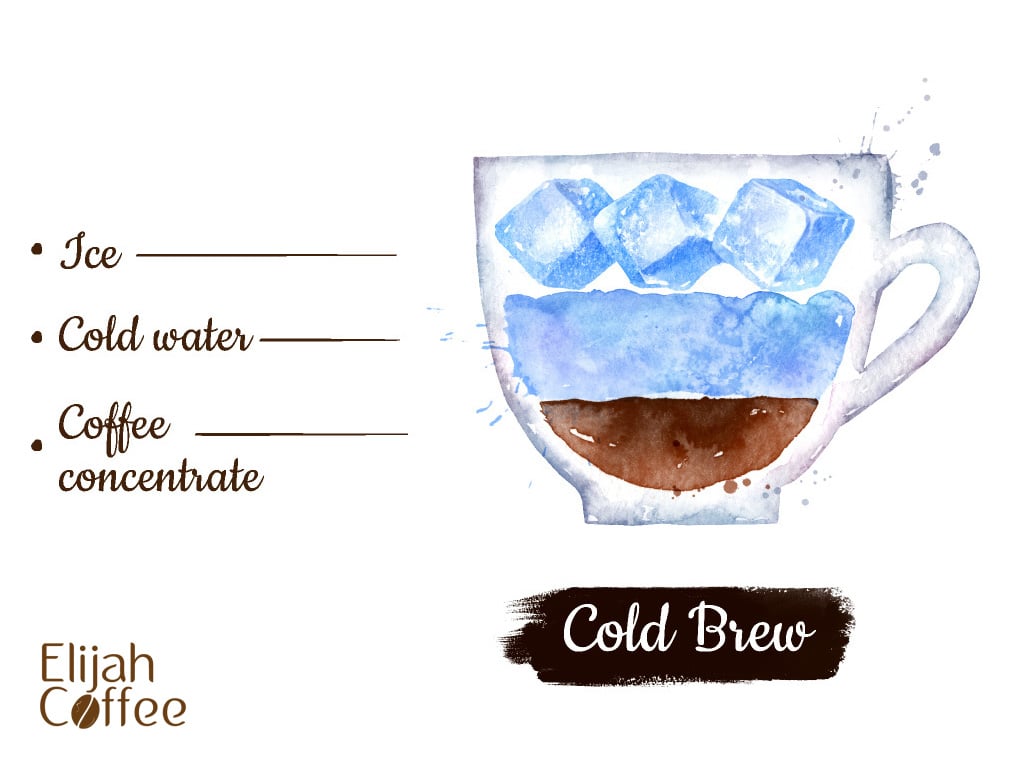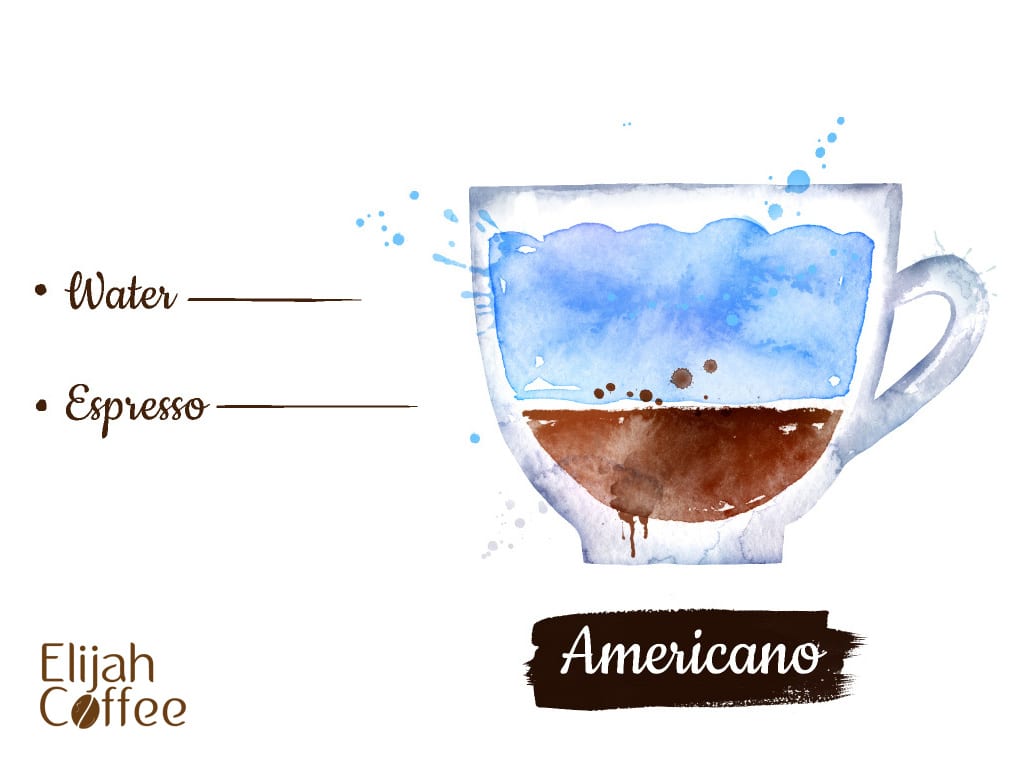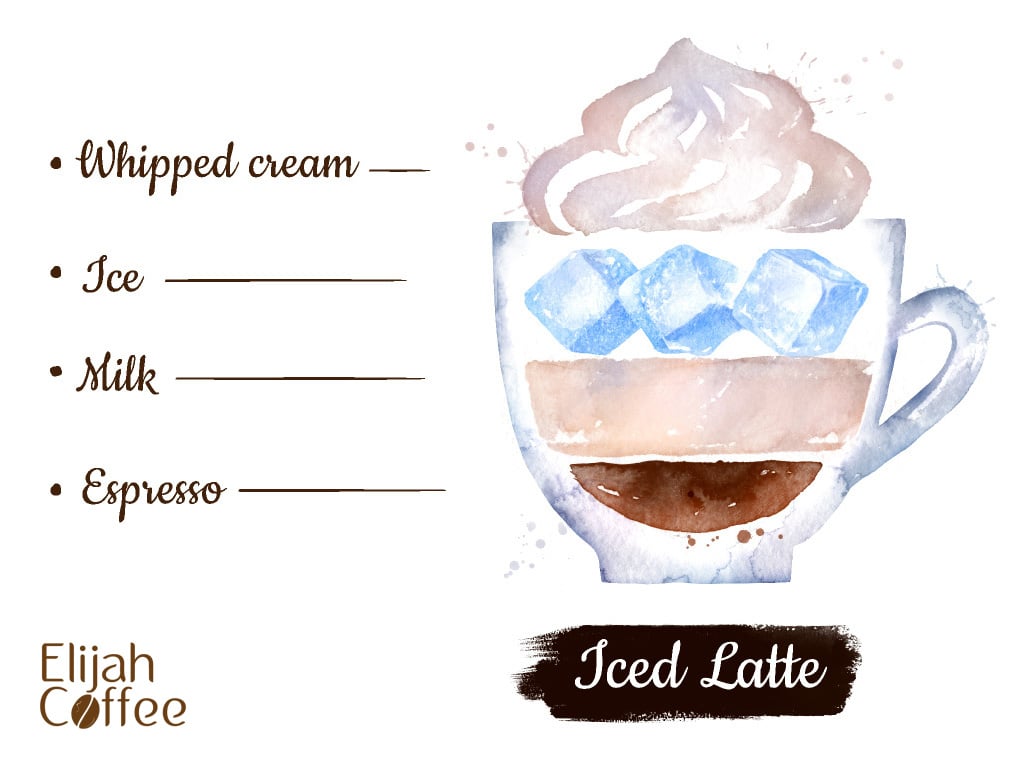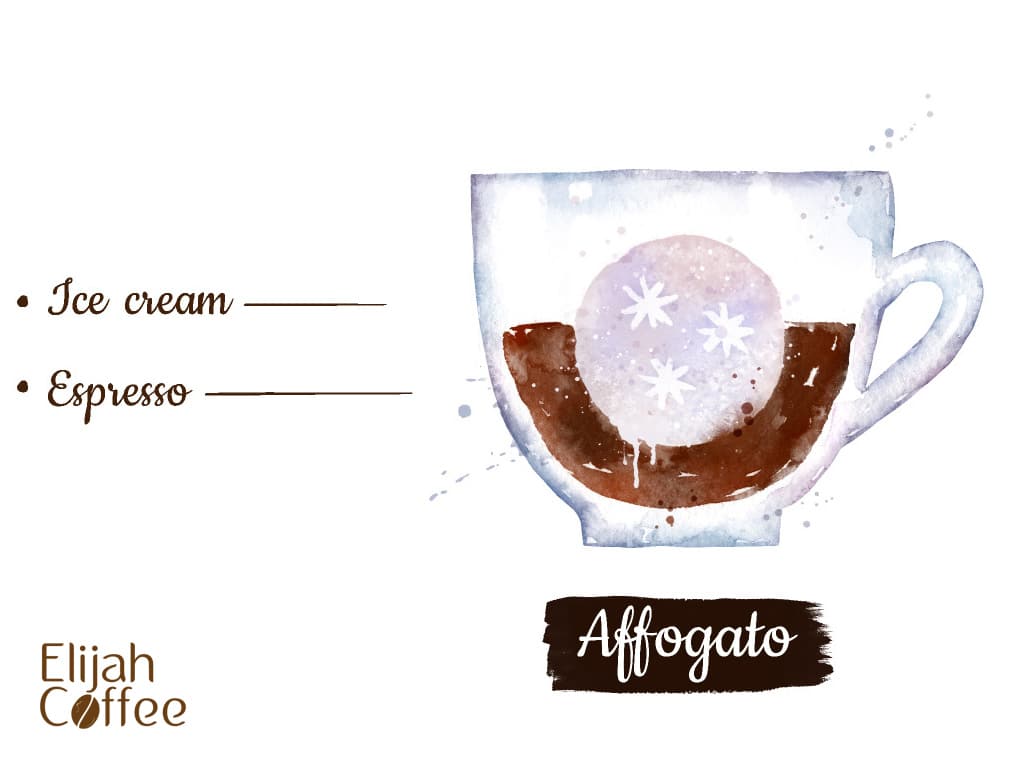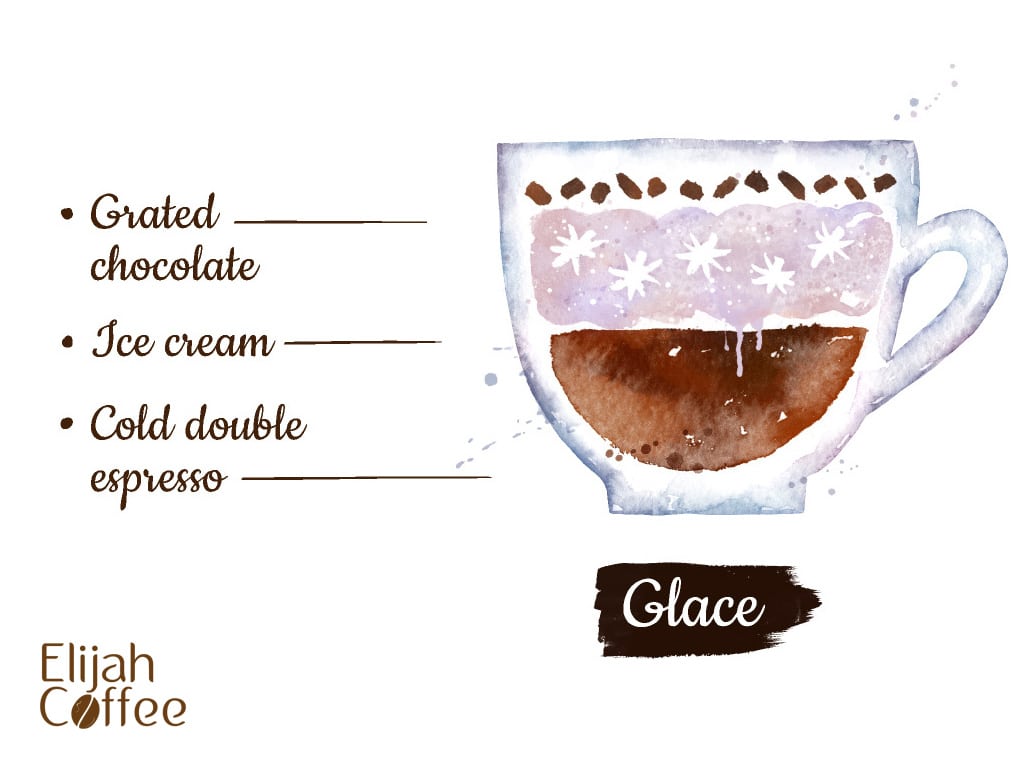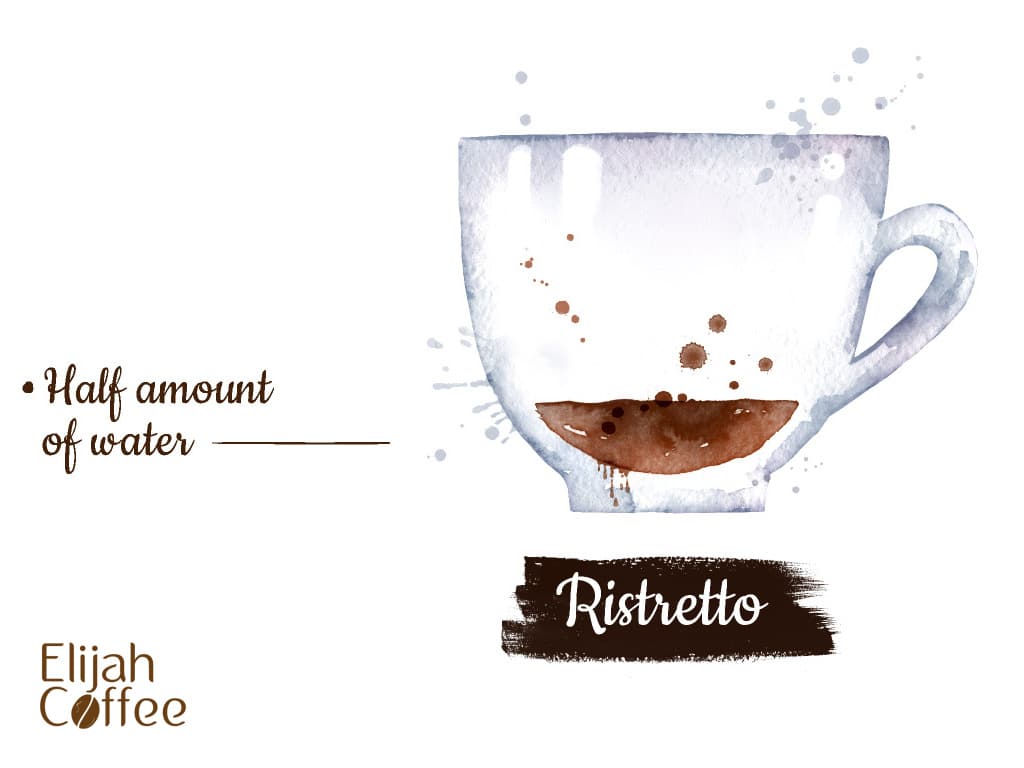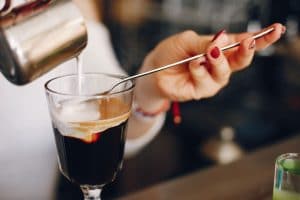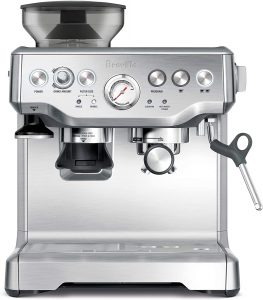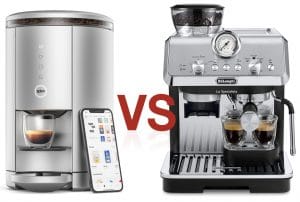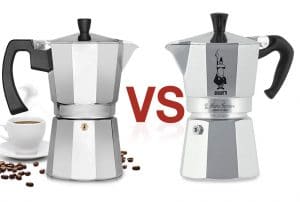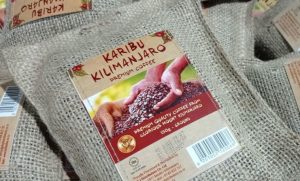When coffee doesn’t work for you, it might be for the reason that you have built up tolerance for it from consuming it too much.
Caffeine is one of the most commonly consumed beverages in the world. Most people start their day with a cup of coffee and continue drinking it throughout the day.
Coffee contains caffeine, which is a central nervous system stimulant that can have short-term effects on your body, including increased alertness, better concentration and improved mood.
However, some people don’t respond well to Caffeine and may experience negative side effects from drinking it. If you’re among those who don’t get any benefit from Caffeine, you are not alone.
Here are four reasons why coffee doesn’t work on you:
You’re not drinking enough water
Caffeine is a diuretic (it makes you urinate more), so if you’re not drinking enough water during the day then this effect will be amplified even further.
If you don’t drink enough water then your body won’t be able to flush out all those toxins from your kidneys properly, which means that your liver will have to work harder to process them instead — which means less energy for everything else!
It’s in your genes
Caffeine tolerance is largely inherited, and people with a certain genetic makeup are more likely to develop a dependence on caffeine and suffer withdrawal symptoms when they stop drinking it.
In one study, researchers found that people with two copies of a particular gene variant were more than twice as likely to be heavy caffeine users and had more severe withdrawal symptoms than those without it.
“If you’re genetically predisposed to having an easier time metabolizing caffeine,” says Dr. Matthew Pase, associate professor of psychiatry at Harvard Medical School, “then your tolerance will go up and down more quickly.”
Coffee is not strong enough
Another reason could be that the Caffeine you’re drinking isn’t strong enough to have an effect on you.
A lot of people who say they don’t feel anything from coffee are actually just drinking weak Caffeine, or they’re drinking too much tea instead of coffee.
Medicine
The third reason could be that you’re taking some kind of medicine that is blocking the effects of caffeine on your body.
This is especially true if you’re taking over-the-counter drugs or prescription medications like antidepressants or antihistamines.
It’s important to talk to your doctor before adding caffeine into your diet if you are currently taking any kind of medication because it can cause dangerous interactions between these medications and caffeine intake.
Alternatives If Coffee Doesn’t Work for You
Coffee is a staple in many people’s lives, but for some people, it doesn’t work.
If you find that you no effects from Caffeine or are simply looking for an alternative, here are some alternatives to try out:
Chamomile Tea
Chamomile tea is a common alternative to Caffeine. The herb has been used as a sleep aid and digestive aid for centuries. It can be brewed with hot water or cold water depending on your preference.
You can also add honey or lemon to make it more palatable.
Green Tea
Green tea has become increasingly popular as of late due to its health benefits, including reducing the risk of heart disease and cancer, boosting metabolism and even helping you lose weight by boosting your body’s ability to burn fat stores.
Matcha Tea
Matcha tea is a type of green tea that can help with your energy, weight management and stress levels. It’s also packed with antioxidants that fight free radicals in the body, which can protect against cancer and other diseases.
Kombucha Tea
Kombucha tea is made from black or green tea and sugar plus a “mother” starter culture that feeds on sugar and turns it into alcohol over time.
The process of fermentation creates a tangy, fizzy beverage that contains B vitamins and probiotics — beneficial bacteria that help aid digestion.
Summary
Everyone’s different and the type of coffee can matter. Try several alternatives, don’t give up, keep yourself well-fed (as in regularly eating), and above all else—don’t drink coffee on an empty stomach!



